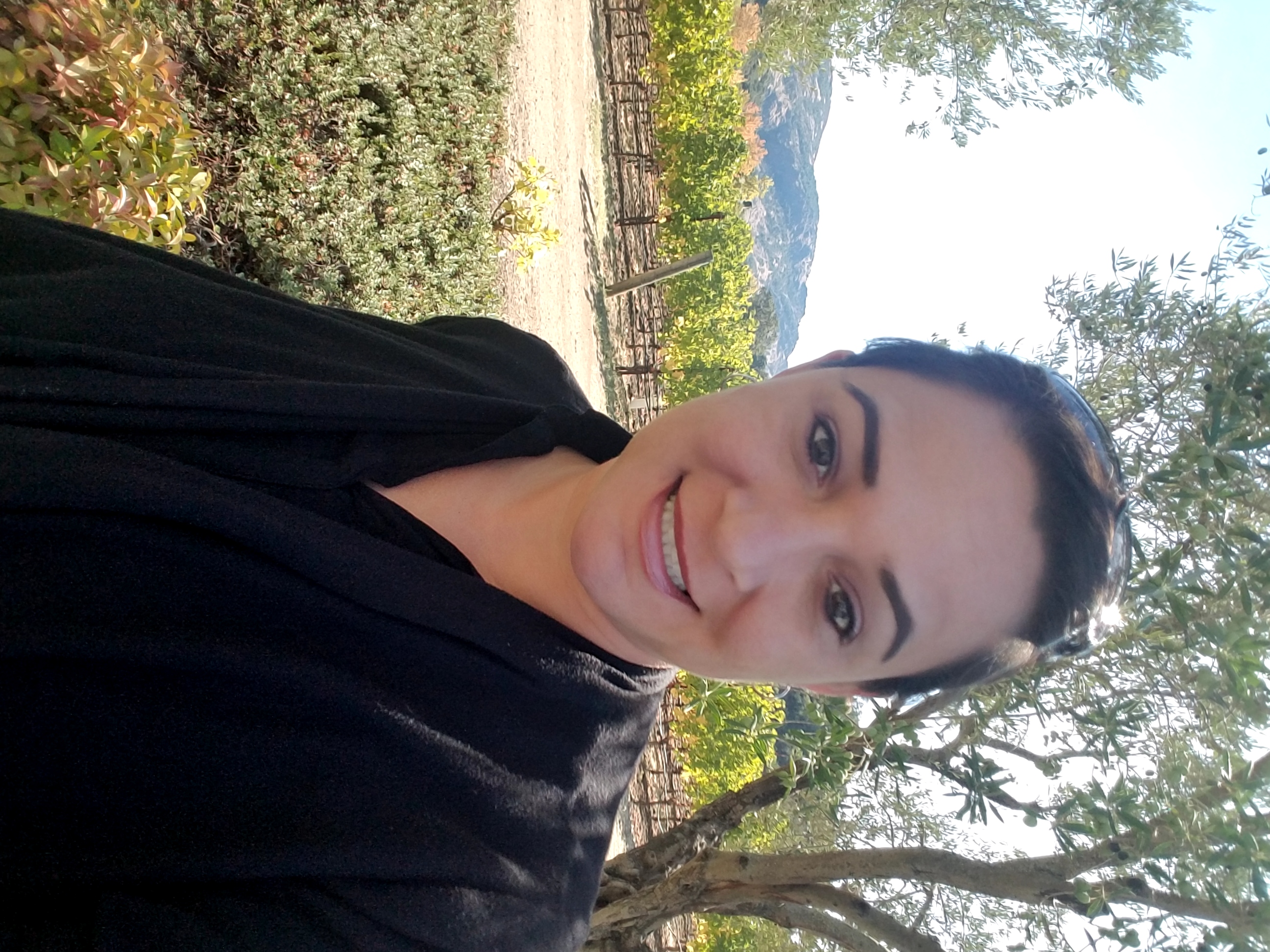LGBTQ health disparities among our youth can be addressed in part through a collaborative effort among the California state’s public education systems to implement the National Culturally and Linguistically Appropriate Services (NCLAS) Standards across K-16 sectors.
There is ample evidence to demonstrate that LGBTQ health disparities are linked to higher rates of homelessness, poverty, bias, stigma, discrimination, lack of insurance coverage as a result of lack of cultural competence (Out2Enroll).
As well, mental health disparities among LGBTQ youth show suicide rates more than three times the national average, twice the reported rates of being bullied, and higher rates of substance abuse and twice the rates of mental health disorders as compared to national rates.
Psychological factors of feeling unsafe includes facing discrimination, harassment, and lack of cultural competency results in LGBTQ students having higher rates of absenteeism from school.
It is imperative that LGBTQ youth benefit from the NCLAS Standards in the development of programs and services in our public education system.
NCLAS Standards established in 2000 and enhanced in 2013 were developed to provide services that are respectful and responsive to each person’s culture and communication needs, as well as guidelines for governance and policy.
It has been shown that public schools understand and value the importance of providing culturally and linguistically responsive policy as it relates to English language learners in assessment and classroom instruction.
The National Association for the Education of Young Children (NAEYC) developed guidelines for the assessment of young English language learners which provides a framework for how NCLAS standards could benefit the classroom for instruction that can similarly be used to address awareness of LGBTQ considerations in services.
Among the recommendations provided by NAEYC as it relates to culturally and linguistically appropriate services is the support for expanding the knowledge base of our student demographics, developing comprehensive assessments, increasing the numbers of culturally competent faculty and staff and professional development in effective assessment for special populations of students. These are recommendations that could be used as a framework for our work with LGBTQ youth in our public schools as well.
Fortunately, New Hampshire Department of Education (NHDE) provides a working model of successful implementation of the use of NCLAS in the wellness program across the state that is in alignment with the Safe Schools/Healthy Students federal program along with other health projects, i.e. Project AWARE, NH System of Care, Every Moment Counts Occupational Therapy, Project GROW: Integrating Resilience, Outcomes, & Wellness, and Collaborative Innovative Network, which provide support and professional development for teachers and staff.
The program includes a full-time staff member with the title Cultural, Linguistic Competency Coordinator who works across the district’s schools to provide training and support to local programs and services.
Inclusive in the program design and recommendations is a Self-Assessment Checklist for Personnel Providing Programs and Support for LGBTQ Youth and their Families.
The services and support are available for the classroom, school, and district. It addresses the individual, class, school, and community using the principals of the social ecology model to develop influential programs and practices to address health.
This statewide model should serve as an example to address LGBTQ issues in the California Department of Education.
The state of California has the opportunity to lead the way in addressing health disparities in the LGBTQ youth through use of the CLAS Standards in our public education system.
This policy would support the current initiative to support social and emotional learning as well as the initiative to provide safe haven schools which includes safety for sexual orientation and sexual identity issues facing students.
The 2014 School Health Policies and Practices Study (SHPPS) found that only 17% of high school health service coordinators received professional development about LGB student health and that only 38% of high schools had Gay-Straight Alliances.
In addition to failing to include transgender student health data in the services and programs at the high school, there is no data about culturally and linguistically appropriate services provided in the primary or secondary programs.
Addressing the disparities for LGBTQ students would mean authentically safe schools and healthy students from all our students including LGBTQ students.
How can CLAS Standards work in the California public education system?
CLAS takes into account of health beliefs, preferred languages, healthy literacy levels, and communication needs for culturally and linguistically appropriate services that includes LGBTQ issues.
With the inclusion of CLAS in public education in the state of California, performance indicators would see an increase in respect, understanding, effectiveness, and equity in programs and services.
CLAS can aid in moving the public education system in a step in the right direction to provide services and programs for all students to have a safe, healthy, and authentic learning environment.


